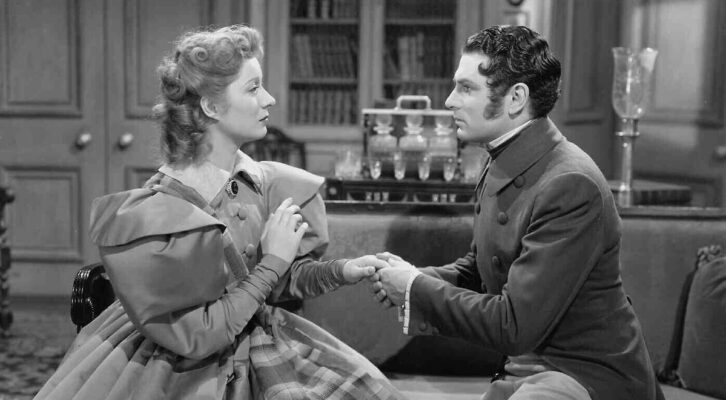Literary Disco Discusses the Writing of Carmen Maria Machado
Julia Pistell, Rider Strong, and Tod Goldberg on Her Body and Other Parties
This week, Julia, Rider, and Tod read the strange, sometimes funny, but mostly disturbing and always feminist debut of short stories by the author Carmen Maria Machado, Her Body and Other Parties. Discussing the book, the three explore what it means to write a short story collection, how cringe-worthy storytelling can be successful, and clickbait headlines coinciding with the launch of Rider’s first play.
Tod: When you’re writing a short story collection specifically to be in a book versus to sell individually to magazines and journals, you give yourself a freedom … to write eight- to nine-thousand word stories. Reading this, this is literary fiction, and I sometimes forget that literary fiction doesn’t require a plot. Sometimes, I was utterly entranced, like with “The Husband Stitch,” which I think is one of the best short stories I’ve read in twenty-five years, then annoyed by stories like “Heinous,” and other times feeling like it’s a little bit indulgent, like with a story about a writer’s colony. But, at no time was I ever bored … just some big risks that don’t always pay off.
Julia: I’m really glad I read it because I often only get short story collections in my pile when I know they are completely amazing. This definitely felt like fun risk-taking. For me, the artistic experience most matched … was Black Mirror, where you see the concept and the concept is cool, and a third of the time it makes me think things in a new way. Sometimes, it’s not my favorite, but I get it. Then, the other thing, I’m just like, I don’t know… You have to have a whole book where you explore these ideas but some of them are just much better realized, and that may be an editing thing.
Tod: The thing too about short story collections, when you sit down to read them and you’re reading six or seven short stories in a row, is that that is not how the writer has generally written them. You’re not supposed to sit there for eight hours reading these short stories in a row. You’re supposed to read one and stop. In a way, that mucks up the experience a little bit. … It’s inherent in the reading of this that I started to see her tricks and ticks, and that started to grate on me a little bit.
Rider: We should talk about what connects these stories. The title is really good. It’s a perfect title because it makes you uncomfortable immediately and it obviously focuses on the female body in an exploitative way, which I think is the most dominant theme in all of these stories. Consistently, the writing made me uncomfortable, the way she describes the body stuff. Even something as simple as a nosebleed, I was cringing. She’s so good at that, writing about the female body. She also completely messes with form; there is no consistency from story to story, in terms of how she is approaching the writing itself. You’ll never read a short story collection like this. … This is definitely what I would recommend to anyone who thinks that short stories are predictable and boring as a form or that fiction has gotten stale lately.




















